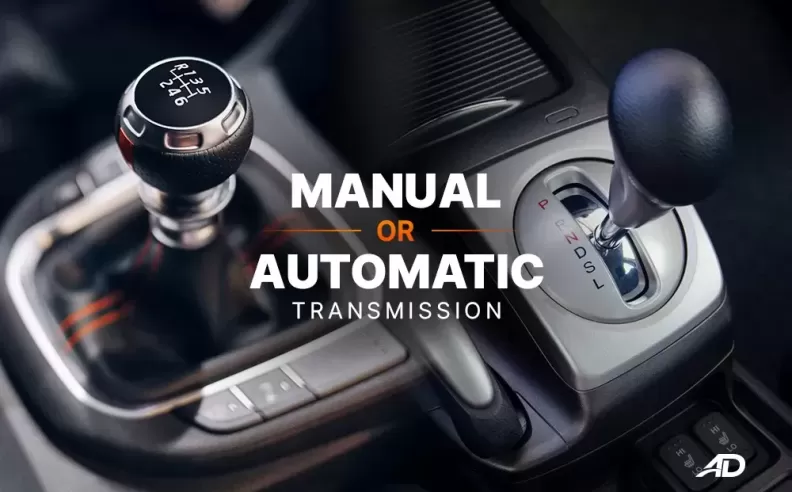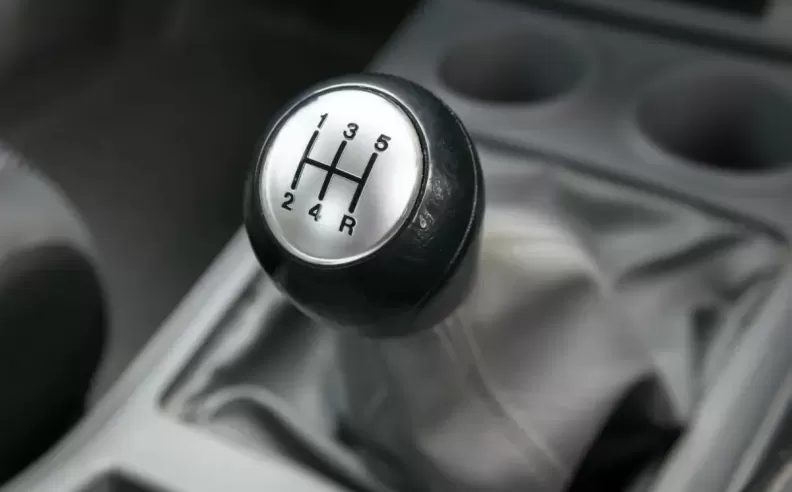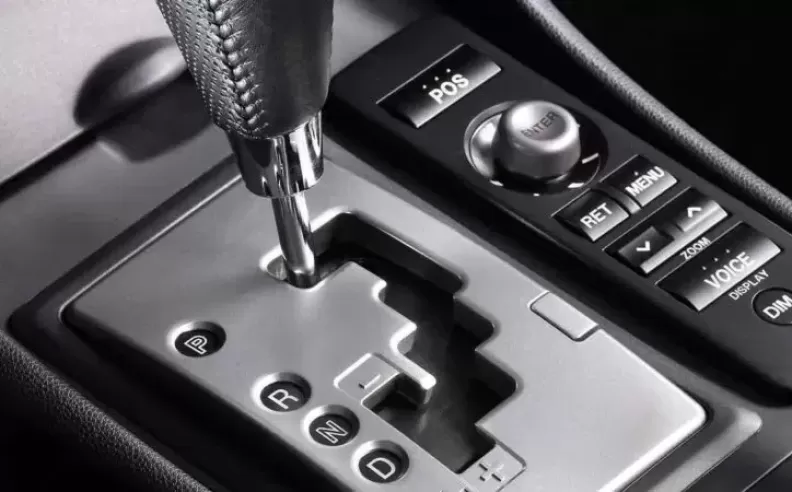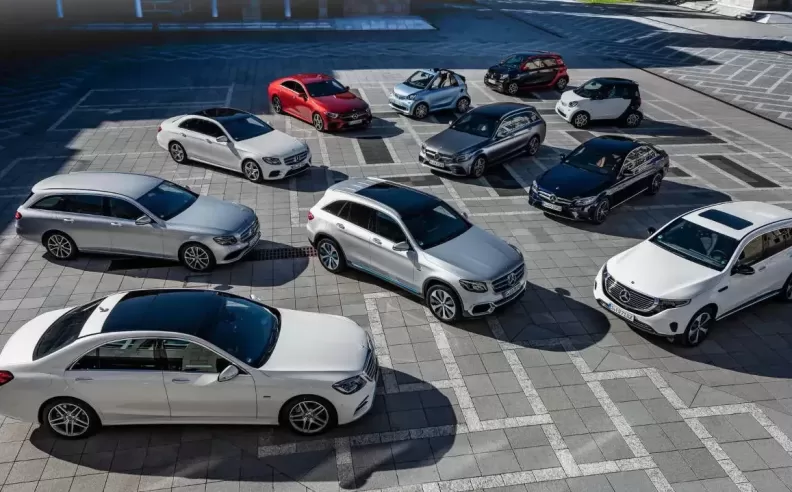
When it comes to buying a car, one of the biggest decisions you'll have to make is whether to go for a manual or automatic transmission. Both have their own advantages and disadvantages, so it's important to consider your personal preferences and driving needs before making a decision. In this article, we'll take a closer look at the pros and cons of each type of transmission to help you decide which one is better for you.

Manual transmission, also known as a stick shift, requires the driver to manually shift gears using a clutch pedal and gear shift. This type of transmission has been around for a long time and is still a popular choice among driving enthusiasts.
Pros:
Better Control: With a manual transmission, you have more control over the car's acceleration and speed. This can be particularly useful in situations where you need to drive on winding roads or in heavy traffic.
Better Fuel Economy: Generally, manual transmissions tend to be more fuel-efficient than automatic transmissions. This is because they don't require as much energy to operate and can be shifted into higher gears sooner.
Lower Cost: Manual transmissions are usually less expensive to purchase and maintain than automatic transmissions. This is because they have fewer parts and are easier to repair if something goes wrong.
Cons:
More Difficult to Learn: Driving a manual transmission can be challenging, especially for those who are used to driving an automatic. It requires coordination between the clutch, accelerator, and brake pedals, and can take some time to get used to.
Tiring in Heavy Traffic: In heavy traffic, constantly shifting gears can be tiring and tedious, which can be a drawback for those who frequently drive in urban areas.

Automatic transmission, on the other hand, requires no shifting by the driver. The car shifts gears automatically as it accelerates and decelerates.
Pros:
Easier to Drive: Automatic transmissions are much easier to drive than manual transmissions. There's no need to worry about shifting gears, which can make driving more comfortable and less stressful.
Better for Stop-and-Go Traffic: In stop-and-go traffic, automatic transmissions can be a better option. There's no need to worry about shifting gears constantly, which can be a relief in bumper-to-bumper traffic.
Better for Uphill Driving: Automatic transmissions can also be a better option for uphill driving. With a manual transmission, it can be difficult to get the car moving up a steep hill without stalling.
Cons:
Lower Fuel Economy: Automatic transmissions tend to be less fuel-efficient than manual transmissions. This is because they require more energy to operate and can't be shifted into higher gears as quickly.
Higher Cost: Automatic transmissions are usually more expensive to purchase and maintain than manual transmissions. This is because they have more parts and are more complex to repair.
Less Control: With an automatic transmission, you have less control over the car's acceleration and speed. This can be a drawback for driving enthusiasts who enjoy the feeling of being in complete control of their vehicle.

Wael is an automotive content writer specializes in creating written content for Motor 283. Producing a wide range of content, including blog posts, articles, product descriptions, reviews, and technical guides related to cars, trucks, motorcycles, and other vehicles, with an unprecedented passion for cars, and motorcycles.

